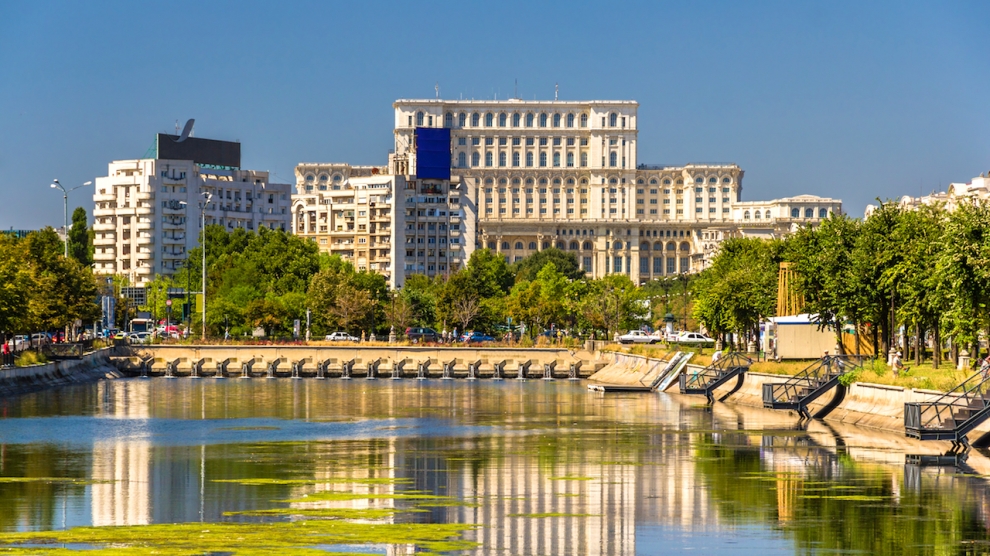The western model, based on the care of democracy and the capitalist economic system, was the foundation on which the countries of central and eastern Europe were rebuilt after the fall of communism in 1989. The democratic and economic gap between the former communist countries and those which had already consolidated democracy (such as the UK, France, Germany and Italy) or a greater democratic experience (such as Greece, Spain, Portugal) was high, and the political desire to mitigate this gap was strong. After 11 years of EU membership, it is now clear that there will never be a real integration within the EU between the old and the new democracies, if these gaps continue to persist.
I believe that from a macro perspective, maintaining economic growth, protecting and stimulating the business environment, and the fair redistribution of resources in society, are priorities that Romania must preserve.
In a fluid international political context, in a Europe shaken by euroscepticism and extremism, Romania continues along a path it began following decades ago. Romania remains a state involved in the European and transatlantic democratic system, a strong member of the NATO alliance and among the few countries that have allocated two per cent of GDP for military spending.
Although I am relatively new to politics, I have an entrepreneur’s background and from this point of view I believe that Romania cannot develop without a strong, sustainable economy, well integrated into the world trade system.
Autarchy and nationalism are not the right solutions. But a cleverly used protectionist policy might be healthy and useful to the entire global economy. If we take a look at history, markets and political systems have only been developed and democratised through a complex system of interdependence. Romania must remain in this system of global interdependence, both politically and economically. And I say this also in view of the fact that our country profile has a major investment potential, one of the lowest corporate income tax rates in the EU, a highly skilled labour force, macroeconomic stability and a very dynamic IT sector. But foreign investors should not only look at Bucharest or other developed regions, where about 70 per cent of foreign investment is concentrated, but should also take into account the country’s other regions.
For example, Ialomița county, the constituency I represent, has major investment potential in several areas, such as agriculture, tourism, trade-services and industry, and it would be worth investors taking a closer look. Invest in Ialomița, a project I started this year, has had the role of highlighting the investment potential of the county, and it’s been a real success.
Romania is celebrating this year what our ancestors wanted 100 years ago and what is inscribed in our fundamental act: “a national, sovereign and independent, unitary and indivisible state.” It is a pride and honour for me to be part of a generation of politicians contemporary to this event which carries such a huge weight of symbolism, culture and identity for all Romanians. Moreover, we have an obligation to sustain the ideal that was accomplished a century ago, to not let ourselves be disappointed. We must remain responsible, to generate prosperity, and to ensure the continued freedom of a country located on the eastern flank of NATO, in a volatile security environment and a constantly changing world.
I believe that in this macro perspective, the political and governmental intentions in Bucharest, gathered in an ambitious governance program, with which the Social Democratic Party won the 2016 general elections, must be looked at.
—
The views expressed in this opinion editorial are the author’s own and do not necessarily reflect Emerging Europe’s editorial policy.
—
Photo: Adriana Neagoe / Inquam Photos






Add Comment